Kremlin bans export to countries with price cap on Russian oil
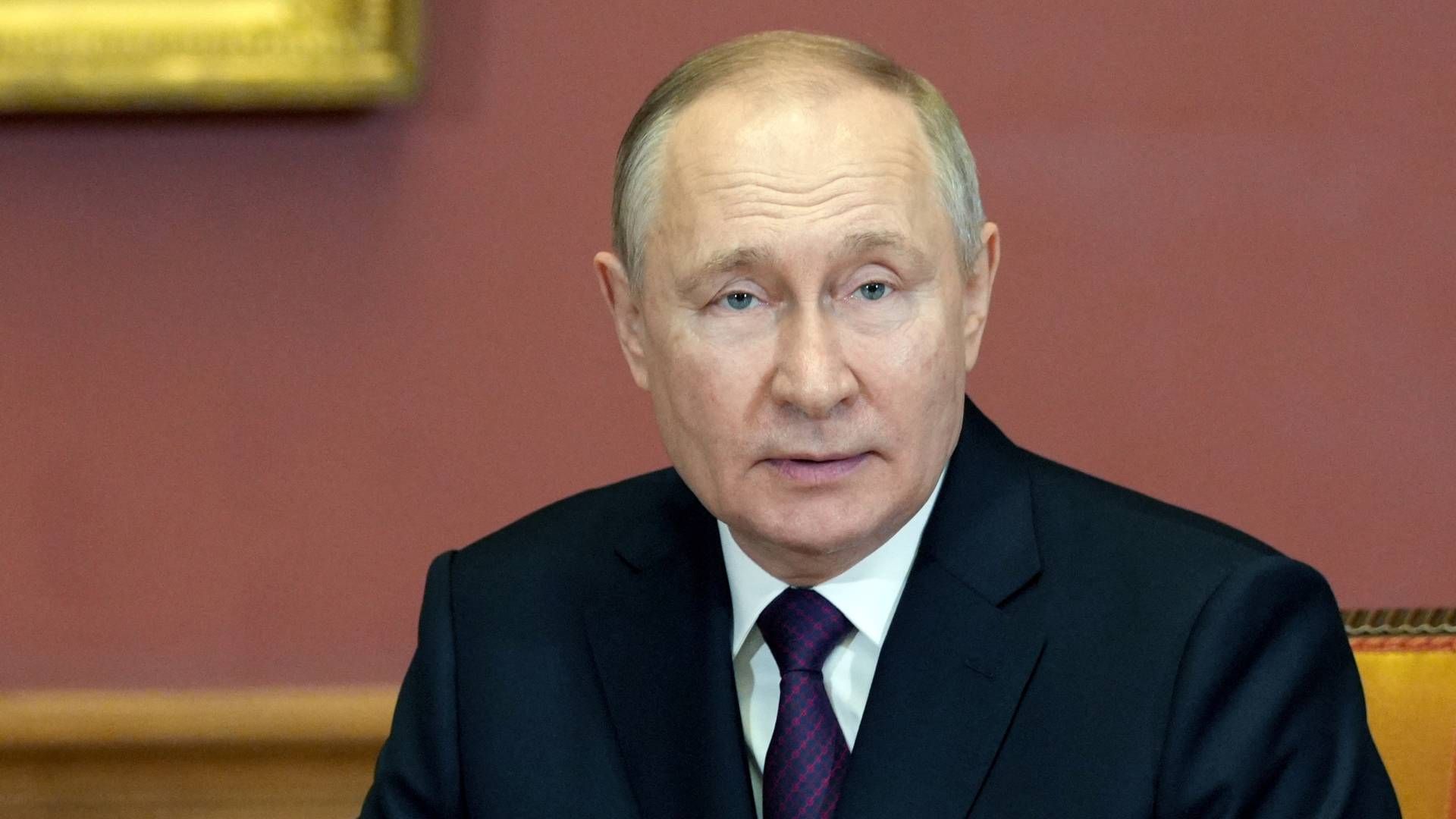
Russian President Vladimir Putin signs decree on Tuesday banning Russian oil exports to countries implementing cap on Russian crude.
In December, the EU agreed to a USD 60 price cap on Russian oil barrels.
The measure was backed by the US and a string of other Western countries. The aim is to prevent financing Russia’s war in Ukraine with profits from oil export.
Putin’s decree comes into force by Feb. 1 spanning for five months, Reuters writes.
Kremlin claims ”actions that are unfriendly and contradictory to international law” are to blame for the new decree.
However, the decree has a built in loophole stating that the government may make special exemptions.
Not even during the Cold War were sanctions such the one agreed to by EU, USA, Australia and Japan imposed.
The price cap came into force on Dec. 5.
If the measure proves effective, it will keep Russian oil flowing to world markets at USD 60 per barrel, significantly below global market prices.
On Tuesday, European benchmark oil Brent traded for USD 85 a barrel.
The EU’s price cap was implemented in addition to an embargoed seaborne transport of Russian crude set to prevent the Kremlin’s circumvention by offloading oil at standard market prices to third countries.
Russia to resume gas supply to Europe from Siberia
Oil prices surge due to fear of reduced Russian supply

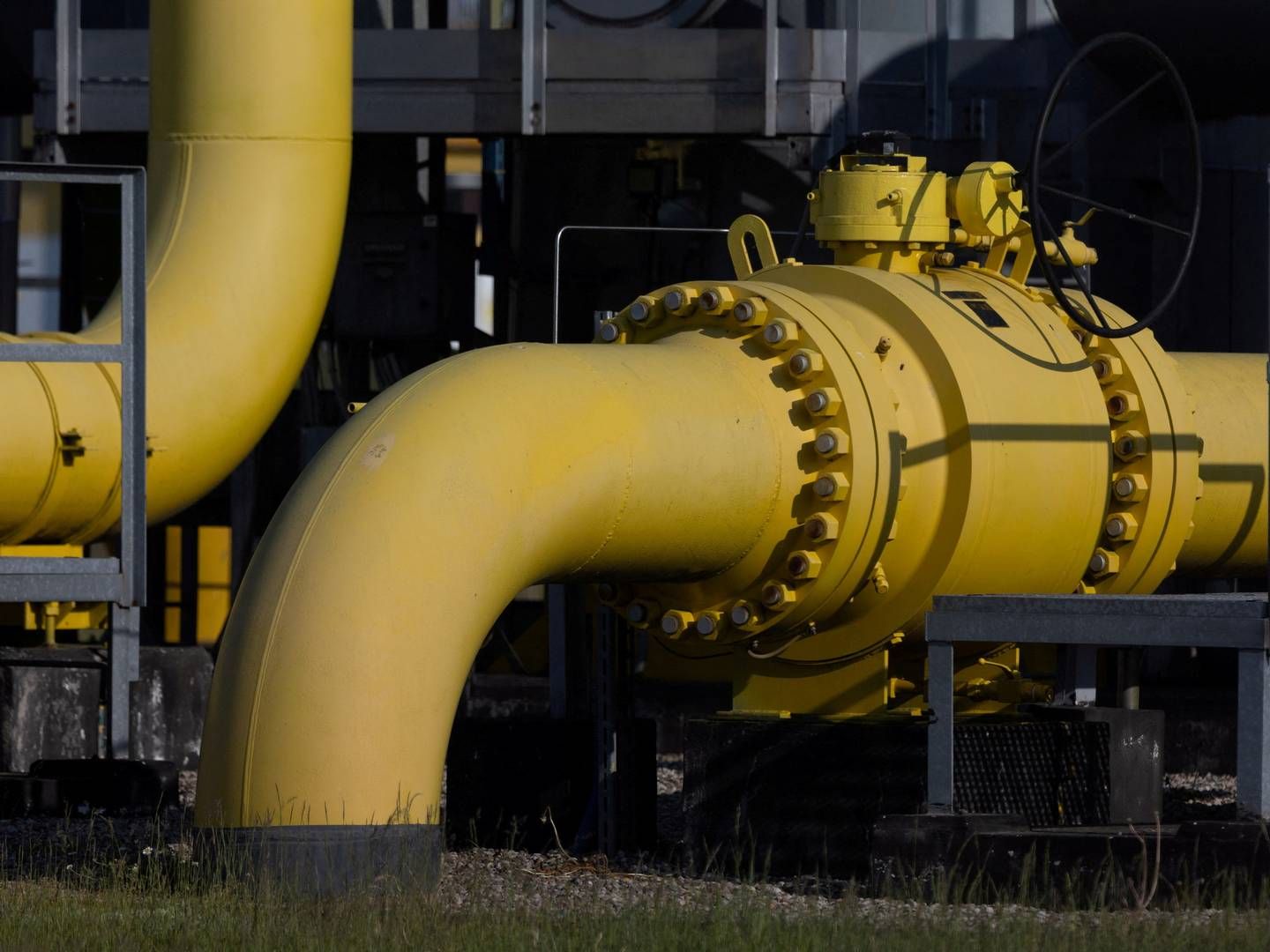
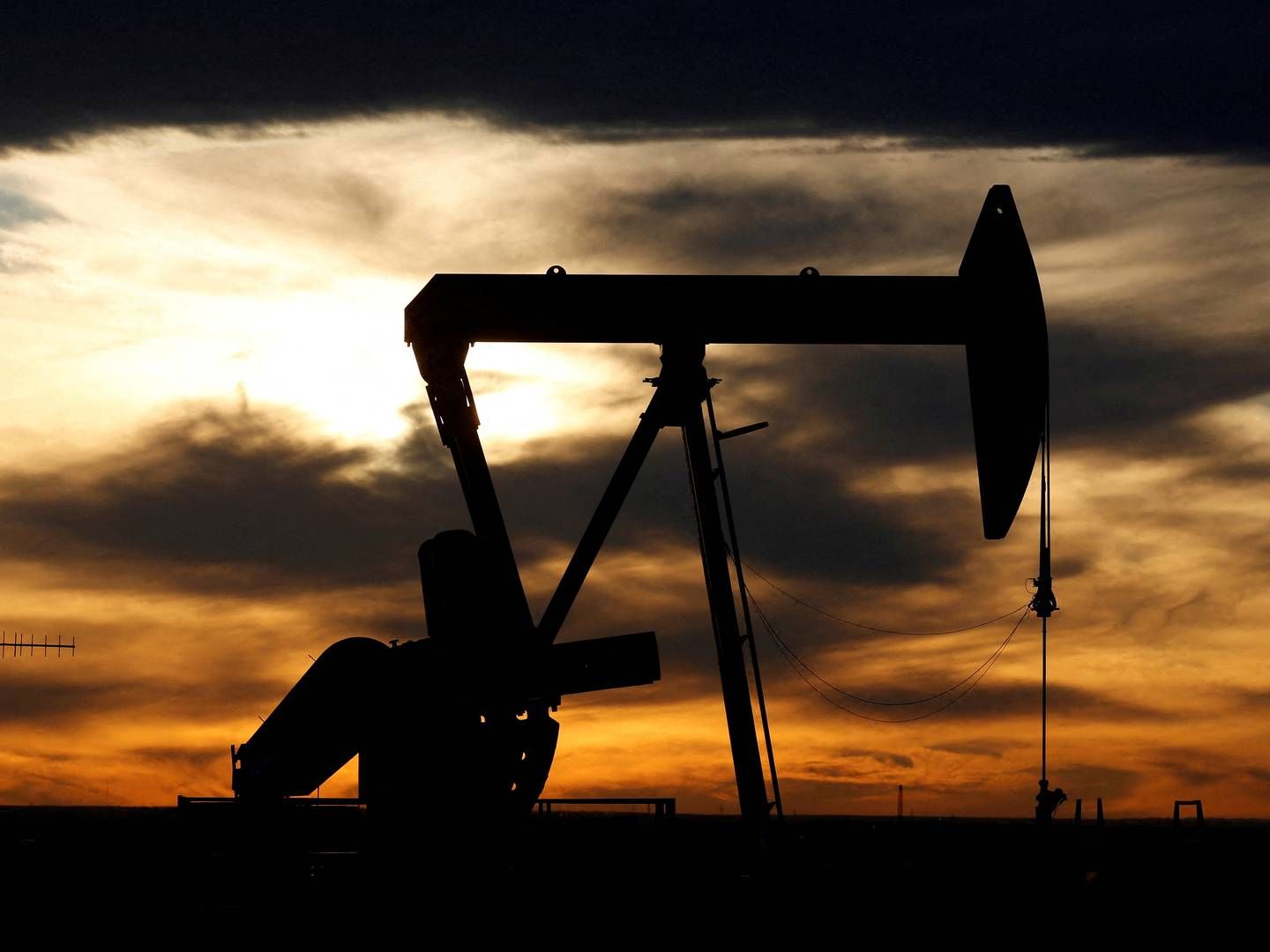








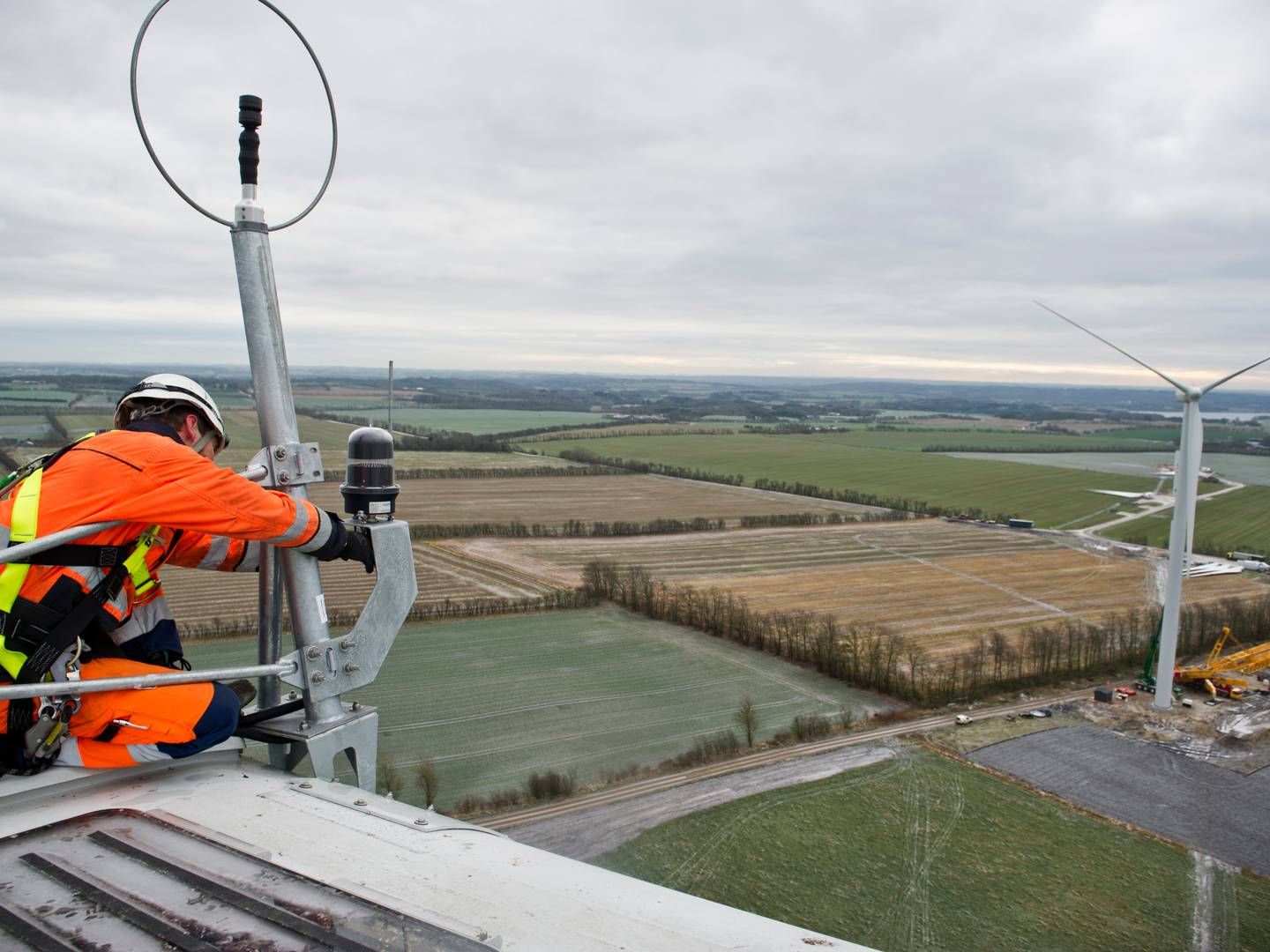



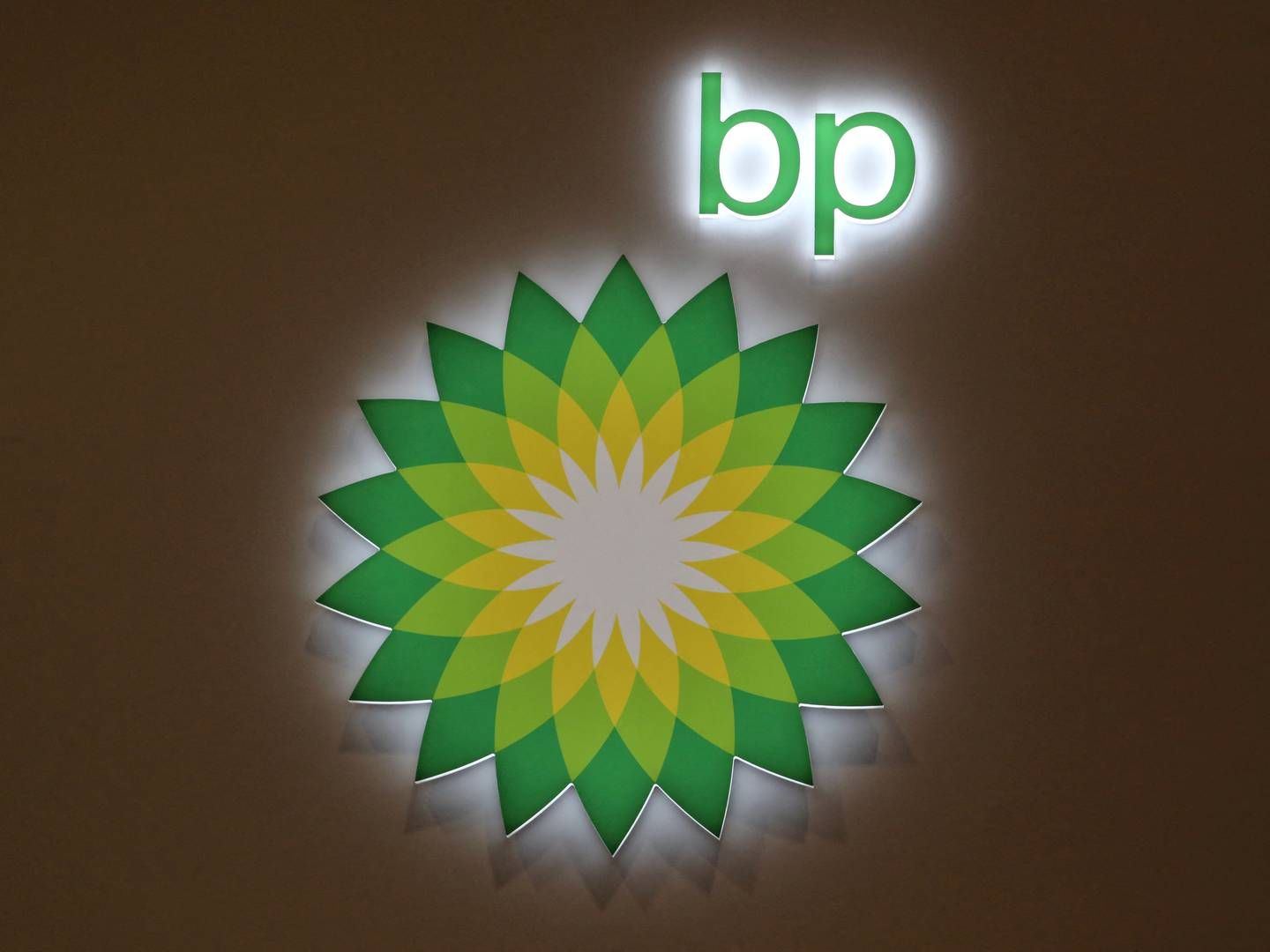

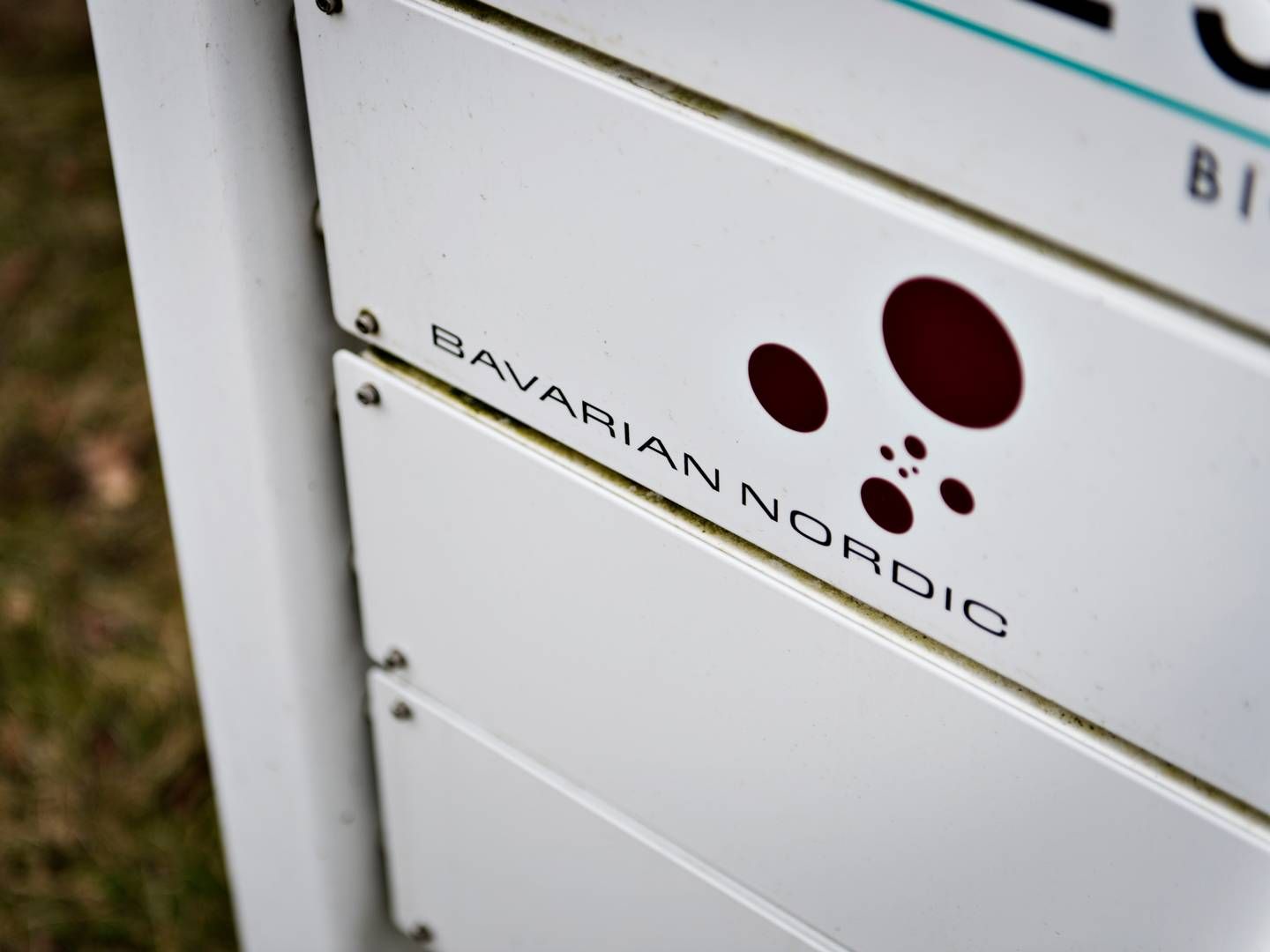

.jpg&w=384&q=75)




